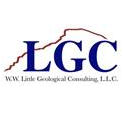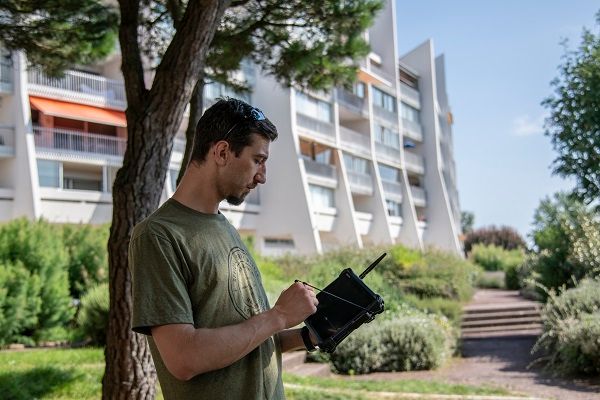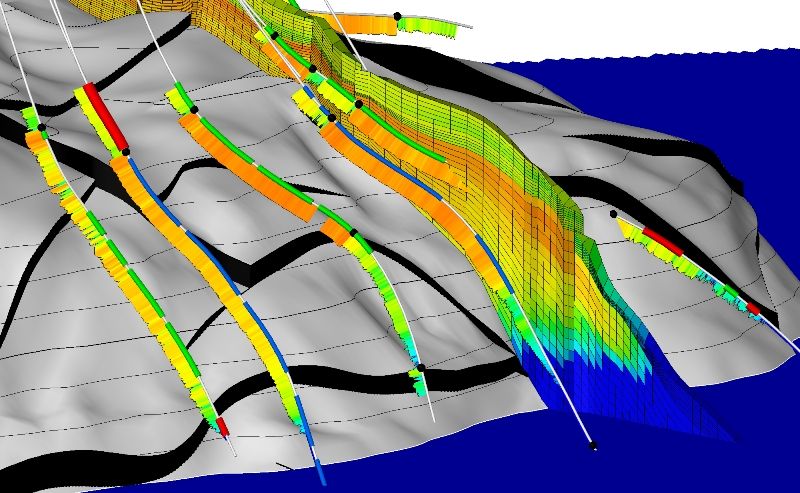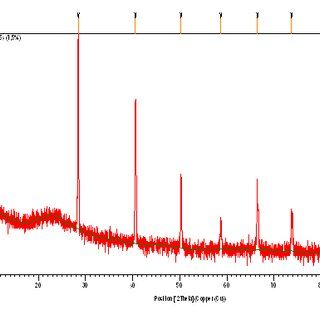
Regional Study - Carbonate Reservoir Characterization

Share
Description of Service
Carbonate Reservoir Characterisation
Matrix Porosity
The Challenge:The most direct method for lithology determination from logs is using neutron capture spectroscopy, where the different mineral concentrations are determined, as well as the grain density and neutron response. However, the presence of Dolomite is often miscalculated, this can lead to important plays to be misinterpreted. In addition, where most carbonates have similar composition the rock types can vary drastically, each being diagnostic of a carbonate subenvironment.
Solution: Textures from borehole images, show clear difference in rock types, critical to facies analysis. Porosity can be very similar between rock types but the permeability will vastly vary within one rock type to another. Elemental Capture Spectroscopy help identify the correct mineralogy, especially the prescence of quartz and clay.
Microporosity
The Challenge: Micropores provide low-resistivity current paths causing electrical currents from resistivity measurements to bypass the higher resistivity hydrocarbon bearing pores, resulting in “low resistivity or low contrast pay”. When this condition exists Archie-type equations will underestimate the hydrocarbon saturation.
Solutions: Three-dimensional seismic provides spectacular resolution of the carbonate pinnacle and platform reefs. The example here from the Jintan platform exhibits the back stepping reef growth and the extent of the cave system. Although logging is very challenging in karstic carbonates, image logs can be used to identify the vertical extension of a cave and the associated facies such as breccias. If the cave is large enough, it can be observed on Vertical Seismic Profile (VSP) logs and on seismic time slices as well as on look-ahead seismic while drilling.
Fractures
Challenge: Production from carbonate rocks often does not agree with the calculated porosity and permeability from log or core data. This mismatch can be related to the presence of fractures contributing to flow, forming a fracture-enhanced reservoir. One of the risks associated with fractures, apart from drilling hazards, is the potential for them to be connected to the aquifer and flow water early in the life of the field. Therefore, the early identification and characterization of fractures is critical to efficient field management.
Solution: Fractures are clearly seen on the image log and the Sonic Scanner Stoneley wave attenuation and reflection. What is usually unknown is the lateral extent of these fractures. Measurements from the Sonic Scanner in reflection, or “BARS”, mode allow visibility several metres beyond the borehole. New methodologies in seismic inversion enable tracing fracture corridors and faults at the field scale, constrained by well log data. This visualization of fractures beyond the borehole allows for more efficient well design to either maximize or minimize fracture penetration depending on whether the fractures are needed to maximize permeability or should be avoided to minimize water production.
Diagenesis
Challenge: Carbonate rocks often undergo complex diagenesis which forms large macropores and vugs. Sometimes what appear to be vugs on the image are actually a collection of macropores, as seen in the typical facies of the Luconian. Irrespective of the origin, patches of high porosity are observed which may or may not have any permeability. Vugs often associated with fractures can be highly productive, but unconnected pores have little to no permeability.
Solution: High resolution images, combined with NMR and calibrated to cores can be used to identify macroporosity and the connectedness of the vugs. Thick Reef deposits form a very attractive play in Malaysia.
Karst
Challenge: In the Luconian Province several transgressive, aggradational and progradational cycles are overprinted by repeated karst events, which can be related to Low Stand System tracts. Analogues to a karstic play can be seen in Mulu National Park, where very large caverns are observed. These caverns can be preserved in the subsurface, as seen in the Tarim Basin, China, where a large cave system has been mapped and is the targeted play. Unless three-dimensional seismic is acquired these karstic features are difficult to observe ahead of the bit. In Malaysia, karst is one of the main drilling hazards. High mud losses are observed and commonly logs can only be acquired through specialized logging techniques suitable for Pressurized Mudcap Drilling (PMCD) conditions.
Solutions: Three-dimensional seismic provides spectacular resolution of the carbonate pinnacle and platform reefs. The example here from the Jintan platform exhibits the back stepping reef growth and the extent of the cave system. Although logging is very challenging in karstic carbonates, image logs can be used to identify the vertical extension of a cave and the associated facies such as breccias. If the cave is large enough, it can be observed on Vertical Seismic Profile (VSP) logs and on seismic time slices as well as on look-ahead seismic while drilling.
What You Will Get From Purchasing This Professional Service. Deliverables
Carbonate Reservoir Characterisation Regional Study.
Duration To Complete Service. How Long Before Service Is Completed
1-8 weeks

About Geode-Energy Ltd
Geode-Energy provides industry standard subsurface reservoir characterisation, data analysis and expertise, customised to your Geological, Geophysical and Reservoir Engineering Oil, Gas, Geothermal and Water workflows.
Ratings & Reviews
No Ratings & Reviews given yet..
More Professional Services From Geode-Energy Ltd

Regional Study - Carbonate Reservoir Characterization

Geode-Energy Ltd
25,000.00 - $250,000.00

Regional Study - Aeolian Reservoir Characterization

Geode-Energy Ltd
25,000.00 - $250,000.00
Similar Services (Recommended services)


W.W. Little Geological Consulting, LLC
10,000.00 - $300,000.00


Pan India Consultants Pvt. Ltd.
10,000.00 - $1,000,000.00


XRS Consulting Engineers CC
10,000.00 - $5,000,000.00

















